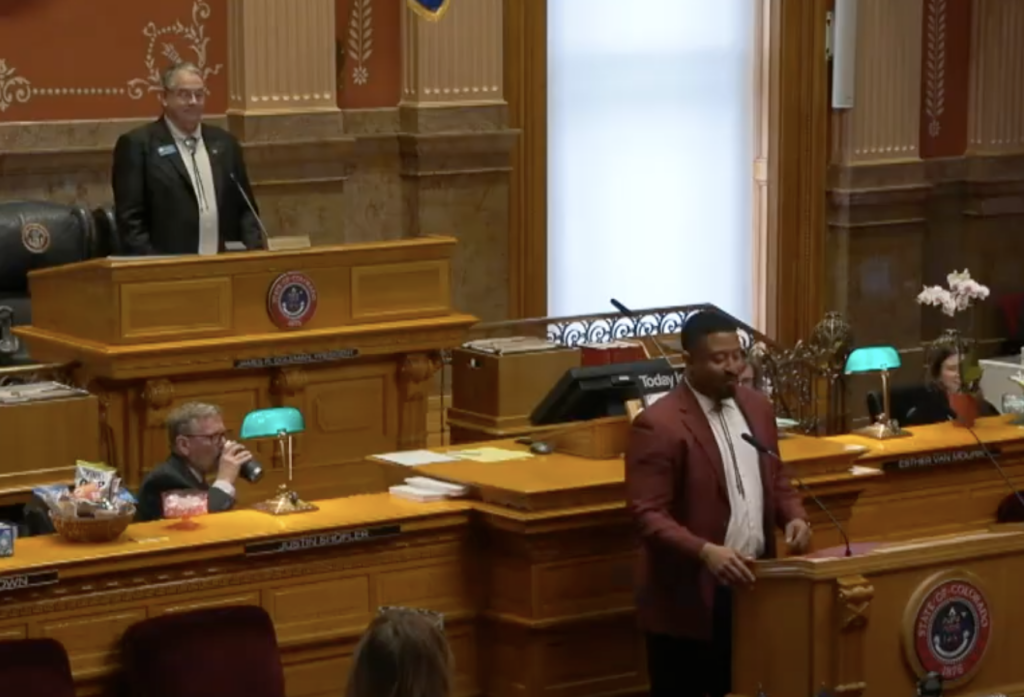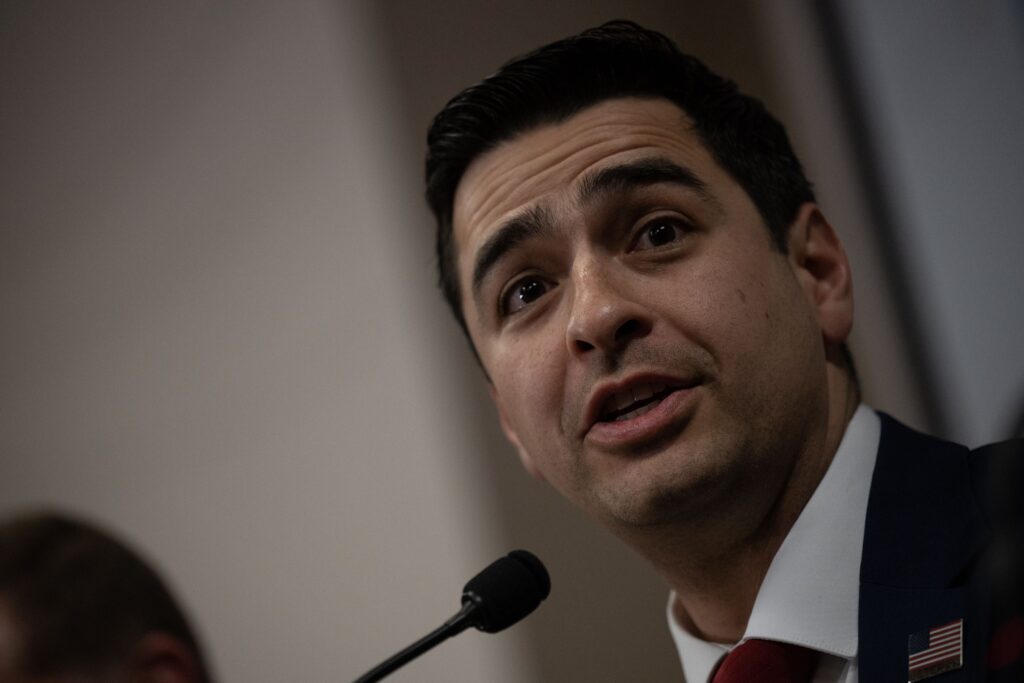Colorado at a crossroads with climate idealism or pragmatic policy | PODIUM

States are the laboratories of democracy, and California’s experiment in climate policymaking is producing results Colorado should avoid repeating.
In California, political leaders are reckoning with the unintended, but predictable, consequences of unrealistic climate regulation. As energy demand grows at a record pace, the Golden State is retreating from its once-uncompromising stance on fossil fuels. The California Energy Commission is recognizing fuel supply and affordability cannot be sacrificed on the altar of climate purity.
They’ve launched efforts to attract new fuel imports, retain existing refiners and stabilize prices — a pragmatic pivot sparked by the planned closure of two major refineries accounting for up to 20% of the state’s fuel refining capacity. Suddenly, California’s leaders are championing “fuel reliability” alongside climate goals. Democrats in Sacramento have introduced SB-237, aiming to cap carbon credit prices, simplify refinery permitting and harmonize fuel standards with other western states to reduce prices and ease the burden on consumers. These are not fringe proposals, they come from within the Democratic Party, signaling growing realization unrealistic climate policies have real, negative effects.
Meanwhile, fuel prices in California remain painfully high. As of March 2025, California’s environmental compliance costs added $0.54 per gallon, and taxes tacked on an additional nearly $0.90 per gallon, contributing to California’s highest-in-the-nation pump prices, even higher than Hawaii’s. Colorado is watching. We’ve seen the headlines about taxpayer-funded climate ads while the city of Denver and the state’s budget goes deep into the red. It’s easy to call for “bold climate leadership” using taxpayer dollars, but real leadership requires balancing idealism with reality.
The results of California’s climate experiment are in higher costs, lower quality of life and residents fleeing to other states. Colorado shouldn’t replicate California’s mistakes.
Instead, Colorado should chart its own course:
- Avoid idealistic policies that could limit supply or inflate prices. Meeting growing energy demand requires energy policy that accurately accounts for costs and reliability. Colorado’s budget and the state’s economy cannot afford to rely on creative accounting and idealistic goals to favor one energy source over another.
- Invest in actual energy literacy for every Coloradan, not billboards with meaningless slogans. Most people flip a light switch, charge a phone, or open a refrigerator without thinking about where their power comes from or what it takes to keep it flowing. The same is true for countless products. If we want Colorado to thrive and be a real climate policy leader, the public must understand how the grid works, what powers it and the role oil and natural gas play in every aspect of daily life. Energy literacy isn’t about talking points, it’s about equipping Coloradans with the knowledge to make informed decisions about our shared energy future.
- Recognize energy producers as partners, not adversaries. Colorado’s oil and natural gas industry has already shown real strides in reducing emissions while delivering the affordable, reliable energy our communities depend on. These aren’t empty promises, they’re science-backed, verified achievements. Natural gas supports more than just electricity, it’s critical in making fertilizer, heating homes, fueling industry and manufacturing everyday essentials, from medical devices to solar panel components to craft beer
- Drive innovation from within the energy sector. The most effective climate solutions won’t come from eliminating oil and natural gas, they’ll come from empowering it. Colorado’s producers are already pioneering cleaner extraction technologies, investing in methane capture and developing carbon management solutions. Supporting these innovations means leveraging the industry’s expertise, infrastructure and capital to accelerate environmental progress without sacrificing energy reliability or affordability.
Colorado can, and must, pursue pragmatic energy policy that prioritizes both climate progress and affordable, reliable energy. Let’s not become California. Let’s be Colorado: centered on facts, collaboration and balanced leadership.
Lynn Granger is president and chief executive of the Colorado Oil and Gas Association.













